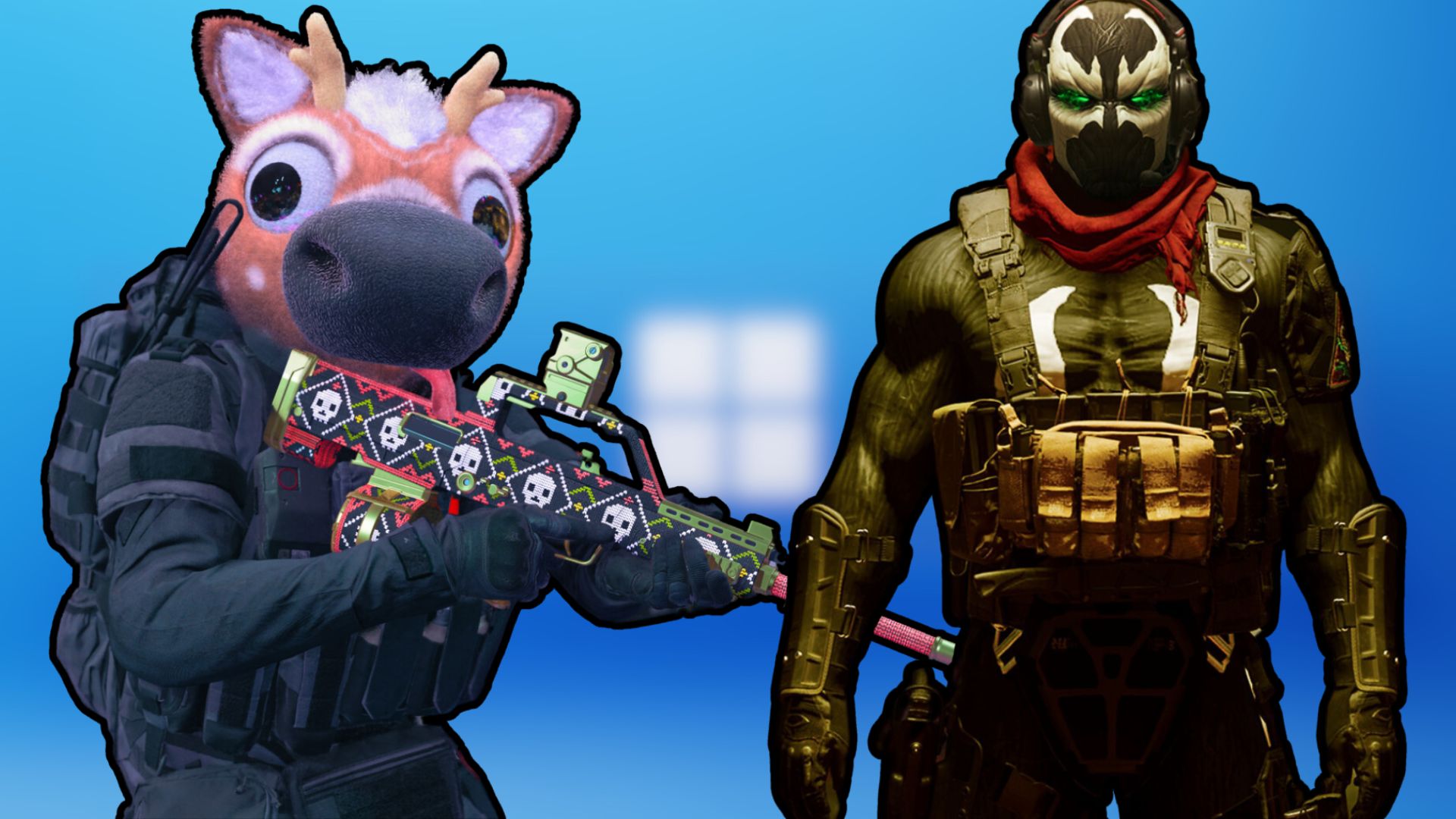Earlier this week, Microsoft, for the second straight year, announced a series of layoffs, with more than 1,900 employees, primarily part of Activision Blizzard, having been let go.
While Activision Blizzard, Bethesda Game Studios, and Xbox were all affected by the layoffs, Activision Blizzard was hurt the most, with every Call of Duty team, from the big names such as Treyarch, Infinity Ward, Sledgehammer Games, and Raven Software to support studios like High Moon Studio, Beenox, and Toys for Bob, losing a chunk of their workforce. Sledgehammer Games and Toys for Bob, especially, were hit the hardest, losing 30% of their staff members, as noted by CharlieIntel.
As part of these layoffs, Blizzard Entertainment lost the services of its co-founder, Allen Adham, and its president, Mike Ybarra, who stepped down from their former roles.
The move has drawn the ire of much of the gaming community, with most criticizing Microsoft for laying off thousands of employees just as it celebrates becoming just the second company ever to be valued at $3 trillion.

